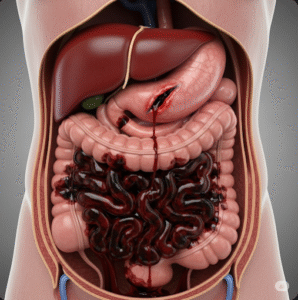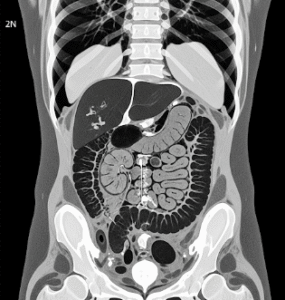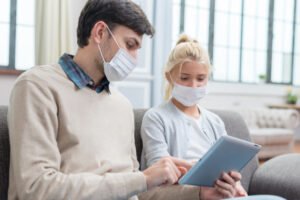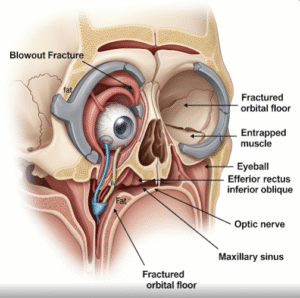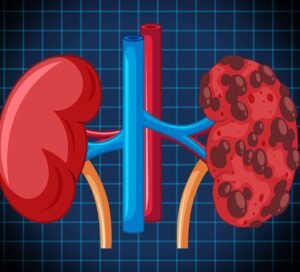Overview
Hantavirus Pulmonary Syndrome (HPS) is a rare but severe viral infection caused by hantaviruses, primarily transmitted through contact with infected rodent urine, droppings, or saliva. The disease can lead to rapid-onset respiratory failure and requires urgent medical attention.
In Korea, HPS cases are rare but monitored, especially in rural areas and among individuals exposed to rodents. Korean hospitals offer advanced diagnostic tests, intensive care units, and supportive treatments for managing the infection.
What is Hantavirus Pulmonary Syndrome?
HPS is a respiratory disease caused by hantaviruses belonging to the Bunyaviridae family. The virus primarily affects the lungs, causing severe pulmonary edema, respiratory distress, and in some cases, multi-organ failure. It can affect anyone exposed to the virus, with a higher risk for outdoor workers, farmers, and people in rodent-infested areas.
Symptoms
- Fever and chills
- Fatigue and muscle aches, especially in the thighs, hips, and back
- Headache
- Abdominal pain, nausea, or vomiting
- Rapid onset of cough and shortness of breath
- Pulmonary edema and difficulty breathing in severe cases
Causes
- Infection by hantaviruses carried by rodents, particularly deer mice and field mice
- Inhalation of aerosolized virus particles from rodent urine, feces, or saliva
- Direct contact with contaminated surfaces or bites from infected rodents
Risk Factors
- Living or working in rural or rodent-infested areas
- Occupational exposure: farmers, military personnel, hikers, or campers
- Poor sanitation or inadequate rodent control in homes or workplaces
- Close contact with rodent excreta during cleaning activities
Complications
- Severe respiratory distress requiring mechanical ventilation
- Pulmonary edema (fluid accumulation in the lungs)
- Shock and low blood pressure
- Multi-organ failure in critical cases
- High mortality rate if untreated
Prevention
- Avoid contact with rodents and their droppings
- Use gloves and masks when cleaning rodent-infested areas
- Properly seal homes and food storage to prevent rodent entry
- Maintain hygiene and rodent control measures in rural areas
- Seek prompt medical attention if exposure is suspected
Treatment Options in Korea
Diagnosis
- Blood tests for hantavirus antibodies or PCR testing
- Chest X-ray or CT scan to detect pulmonary edema
- Monitoring vital signs and oxygen saturation in suspected cases
- Hospital admission for suspected severe cases
Medical Treatments
- Supportive care in intensive care units
- Oxygen therapy and mechanical ventilation if respiratory failure occurs
- Fluid management to prevent pulmonary overload
- Careful monitoring of blood pressure and organ function
- No specific antiviral therapy is widely approved; treatment focuses on supportive care
Surgical or Advanced Therapies
- Surgery is not applicable; management is medical and supportive
- Advanced Korean hospitals may offer extracorporeal membrane oxygenation (ECMO) for severe respiratory failure
Rehabilitation and Support
- Gradual recovery with respiratory therapy after ICU discharge
- Follow-up to monitor lung function and long-term complications
- Psychological support for patients recovering from severe illness
- Education on rodent control and preventive practices


